Vietnam's supporting industry is facing golden opportunities to participate and expand its position in the global market.
Opportunities for supporting industry enterprises
According to Ministry of Industry and Trade, the progress of the manufacturing industry has helped Vietnam become the new factory of the world. Forecasts from the International Monetary Fund (IMF) show that by 2025, Vietnam will surpass the Philippines and Singapore to become the third largest economy in Southeast Asia with a GDP of over 571 billion USD.

Vietnam is fully capable of becoming the electronics manufacturing center of Asia, which is expected to open up opportunities for many businesses. supporting industry Domestically, many enterprises have joined the chain of leading technology "giants" such as Apple, Intel, Samsung... But in reality, taking advantage of opportunities is still a very difficult problem for many businesses.
Since the beginning of the year, big names in technology have come to Vietnam. For example, Trina Solar (China): 454.4 million USD; Gokin Solar's Photovoltaic Cell Technology Complex Project (Hong Kong - China): 274.8 million USD; BOE's Electronic Equipment Factory Project (China): 275 million USD; Hyosung's Bio-BDO (Butanediol) Bio-fiber Factory Project (Korea): 730 million USD; Amkor Technology Group Project (USA): 1.07 billion USD.
In fact, not only Chinese enterprises, but also many FDI enterprises from all over the world follow their parent companies to Vietnam to participate in the supply chain.
Recently, the Analysis Department of Mirae Asset Securities Company listed typical cases from technology "giants" such as: Apple Company plans to increase investment in Vietnam; Vice President of US technology company Nvidia visited Vietnam in April 2024 to discuss cooperation on semiconductor ecosystem and artificial intelligence (AI); Samsung plans to invest an additional 1 billion USD per year in Vietnam; Alibaba plans to build a data center in Vietnam; large Korean enterprises such as Hyundai Motor, Lotte, Doosan Enerbility, Hyosung committed to continue investing in Vietnam.
However, there is a reality that experts recognize, in order for Vietnam to not lose billions of dollars in investment from FDI "eagles" and continue to be the world's technology "factory", it requires preferential policies that are appropriate and clear to the new context and should provide a complete ecosystem and infrastructure.
Sharing about this issue, Mr. Nguyen Hoang - Chairman of the Hanoi Association of Supporting Industry Enterprises (Hansiba), Vice Chairman of the Vietnam Association of Supporting Industry (VASI), Chairman of the Board of Directors of N&G Group informed that at this time, Vietnamese enterprises are deeply participating in the Free Trade Agreement (FTA) market with major powers in the world. Along with that, the macro policies of the Vietnamese government and the interest, investment and cooperation of corporations from countries around the world with Vietnamese enterprises will be an opportunity for enterprises in general and supporting industry enterprises in particular to participate in the global value chain.
In the trend of transforming the supply chain, in order to avoid becoming a "buffer zone", Vietnam needs to improve its capacity to absorb FDI capital flows, take advantage of opportunities for technological change and autonomy, develop supporting industries to gradually become autonomous in production and export, and move towards Vietnamese enterprises replacing foreign companies.
Making good use of advantages requires businesses to improve their competitiveness.
In fact, there is still room for Vietnam to continue attracting technology “eagles”, according to the Department of Industry (Ministry of Industry and Trade), in the process of development, Japan, South Korea… always have large economic corporations leading the development of other enterprises. The Ministry of Industry and Trade has proposed policies to support the formation of large manufacturing corporations in Vietnam.
However, this policy is not widespread but focuses on the basic and priority industries and sectors. This will be one of the important changes in the policy development of a self-reliant industry. Thereby, helping Vietnam become the new factory of the world, an attractive investment destination for large corporations in the world to invest in Vietnam.
Regarding the sustainable development trend and current requirements, the representative of the Department of Industry said that with a highly open economy and export-based economic growth as it is today, Vietnamese industrial enterprises must proactively improve their management capacity, technical level and restructure production based on digital transformation, improve skills and human resource qualifications. Only then can they meet the strict requirements of multinational corporations in participating deeply in the global supply chain.
The representative of the Department of Industry also said that, in reality, the level of understanding and information grasp of a part of Vietnamese enterprises, most of which are small and medium-sized enterprises, about responsible business is still limited. In particular, the concept of responsibility for appraisal in the supply chain is still quite new in Vietnam. Similarly, the world's leading aerospace companies such as Boeing and Airbus are looking for Vietnamese suppliers to join their production networks. However, the path to enter the chain of these "giants" is not always easy for Vietnamese enterprises.
Faced with the above reality, the Vietnam Association of Supporting Industries also recommends that there should be a strategy, considering supporting industries as having an extremely important role, the core of the industrialization process. In addition, there should be a separate law for supporting industries with specific preferential policies as a basis for promoting industrialization.
Along with market development and access to new technology, supporting businesses to increase labor productivity - ensuring product quality and delivery time - and being eligible to connect to the supply chain, is also one of the ways for Vietnam to move closer to the goal of building a self-reliant industry. From there, helping businesses seize opportunities, have strategies to invest in infrastructure and machinery, improve competitiveness in the international market and be able to "squeeze in" orders from businesses in the global value chain.
Source


![[Photo] Prime Minister Pham Minh Chinh chairs conference to review the implementation of Resolution No. 18-NQ/TW](https://vstatic.vietnam.vn/vietnam/resource/IMAGE/2025/4/14/dcdb99e706e9448fb3fe81fec9cde410)
![[Photo] General Secretary To Lam holds talks with General Secretary and President of China Xi Jinping](https://vstatic.vietnam.vn/vietnam/resource/IMAGE/2025/4/14/b3d07714dc6b4831833b48e0385d75c1)
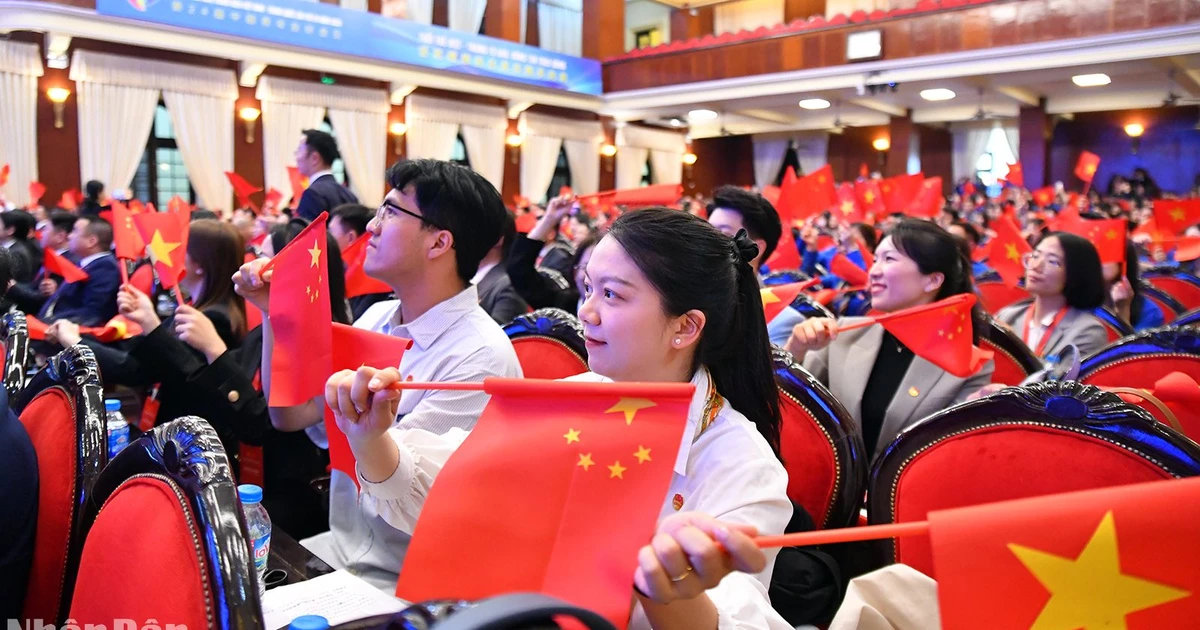
![[Photo] Ceremony to welcome General Secretary and President of China Xi Jinping on State visit to Vietnam](https://vstatic.vietnam.vn/vietnam/resource/IMAGE/2025/4/14/5318f8c5aa8540d28a5a65b0a1f70959)
![[Photo] Hanoi people warmly welcome Chinese General Secretary and President Xi Jinping on his State visit to Vietnam](https://vstatic.vietnam.vn/vietnam/resource/IMAGE/2025/4/14/d6ac6588b9324603b1c48a9df14d620c)



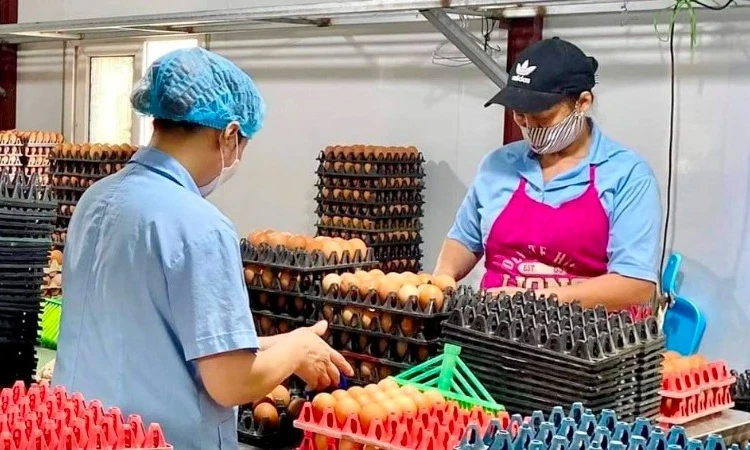
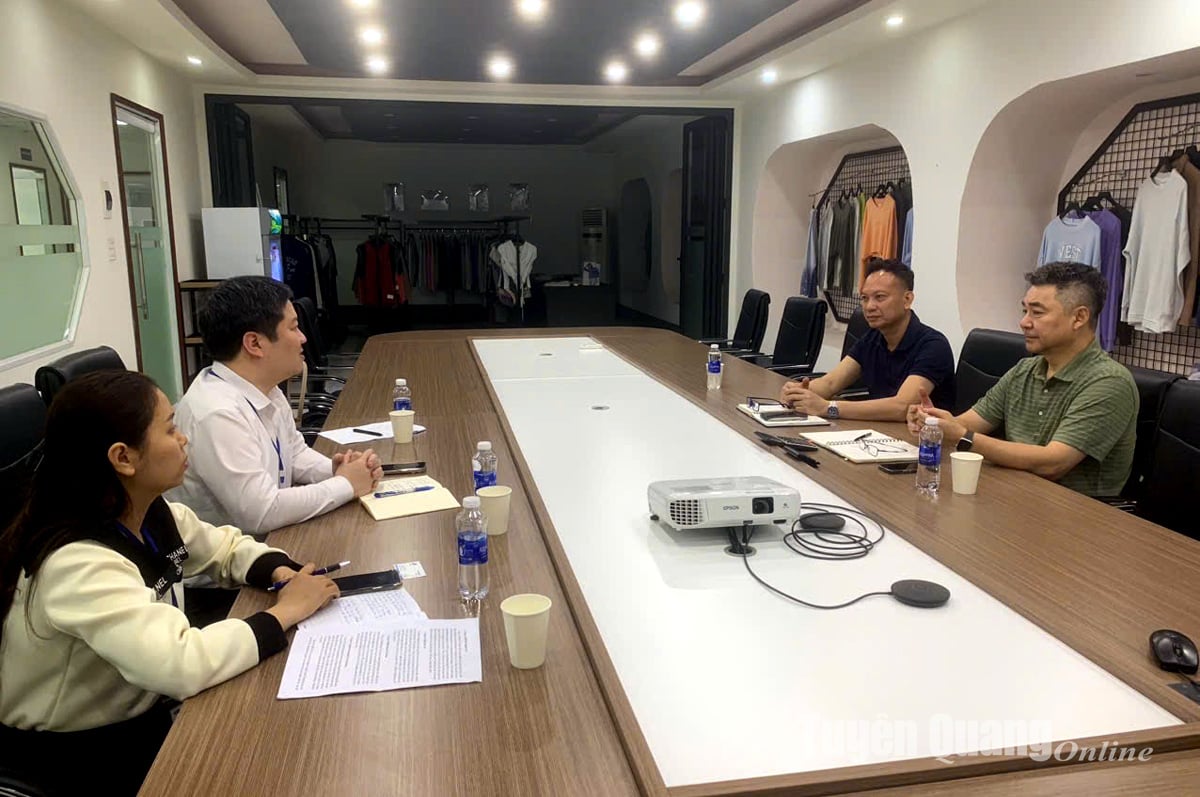


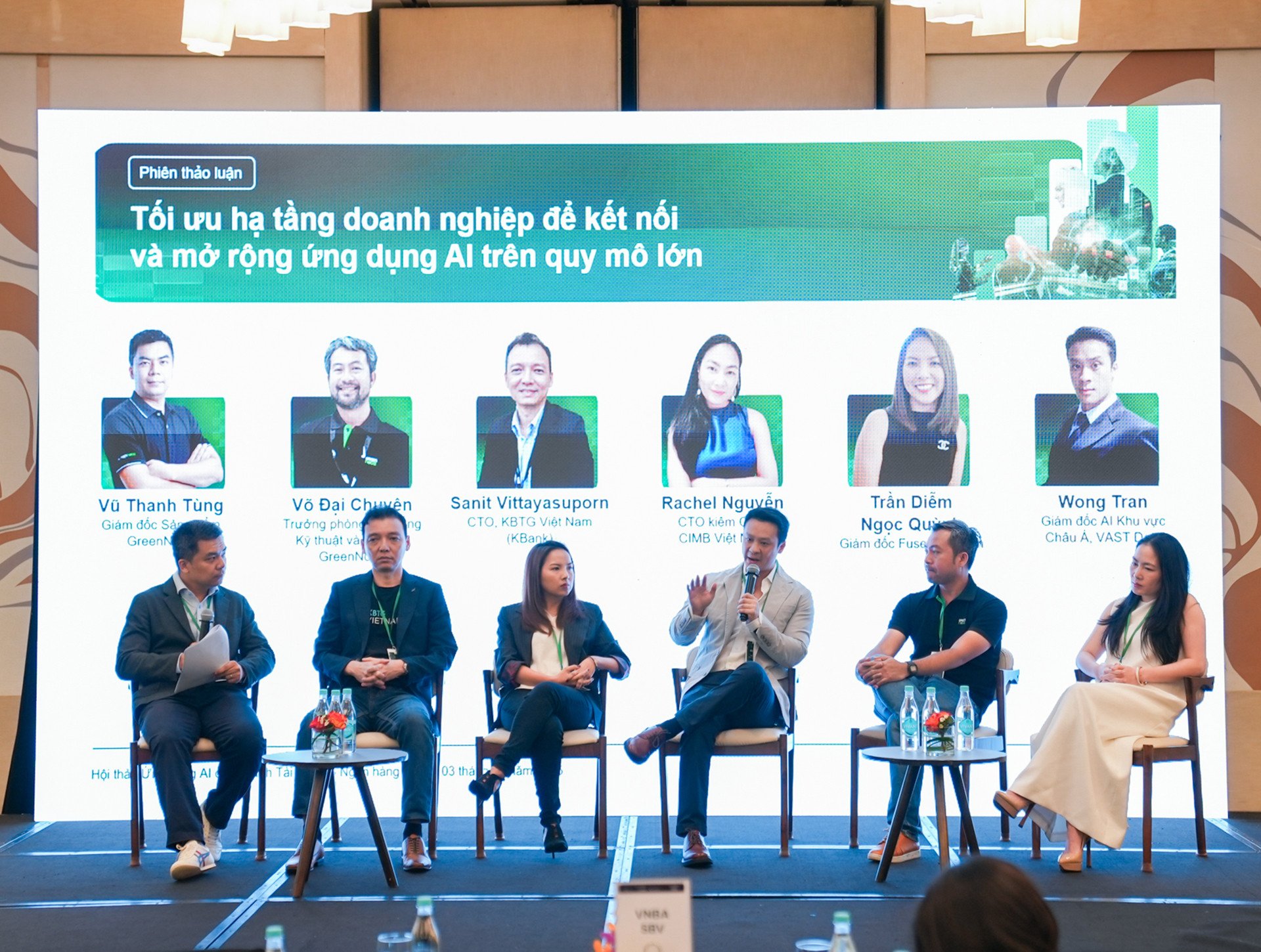


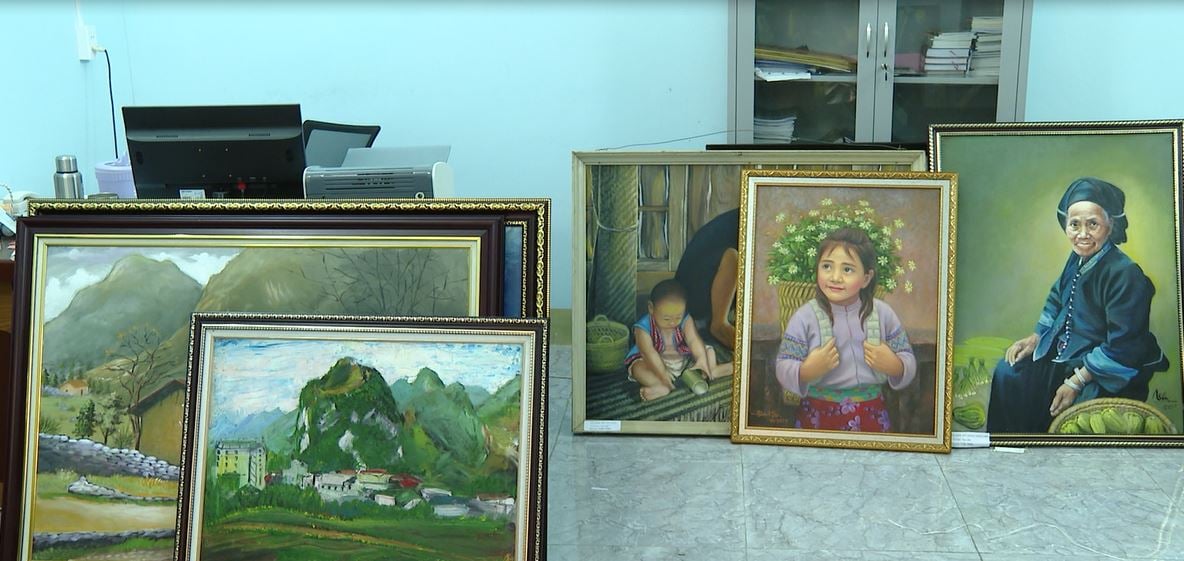
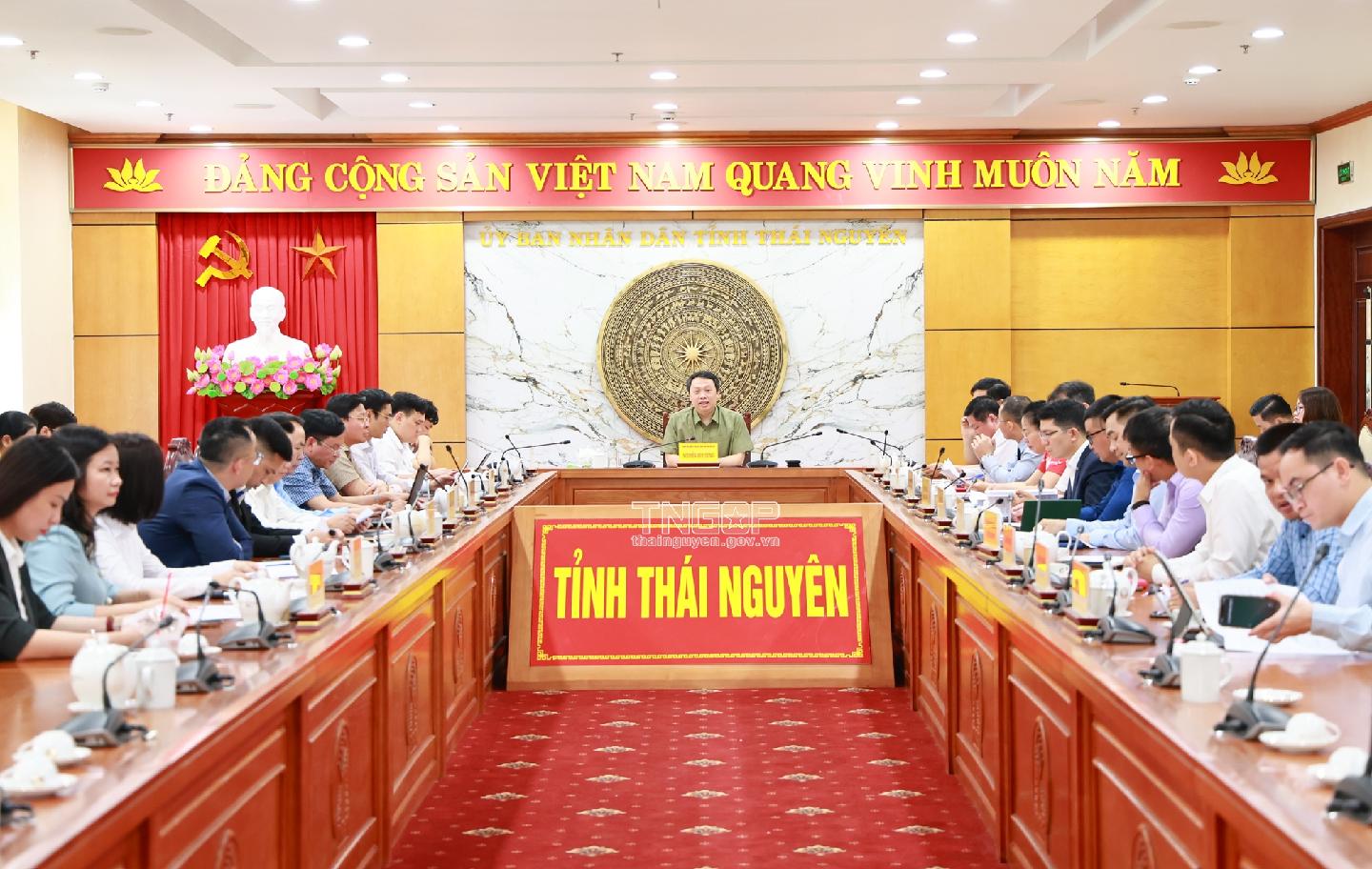
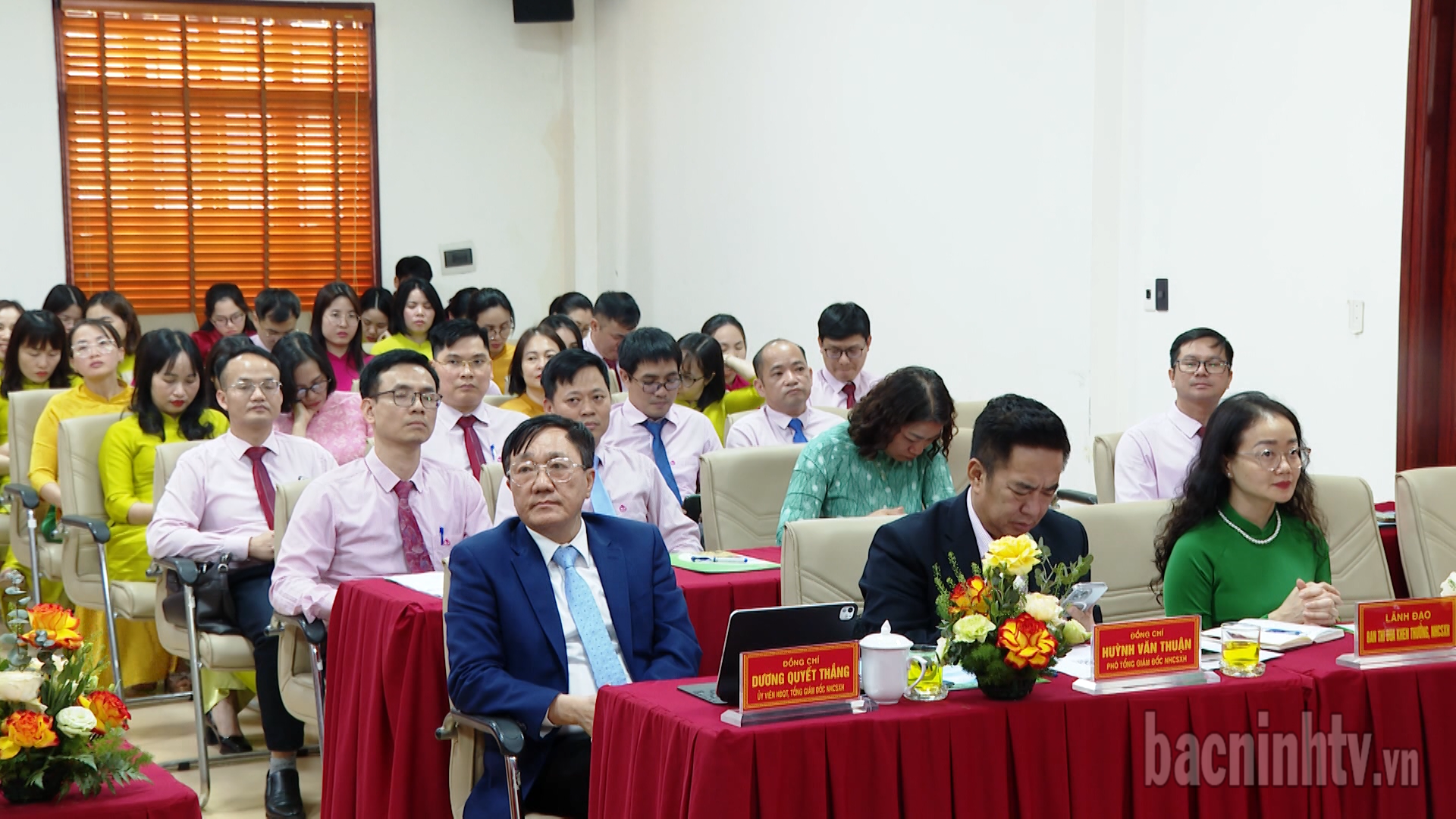

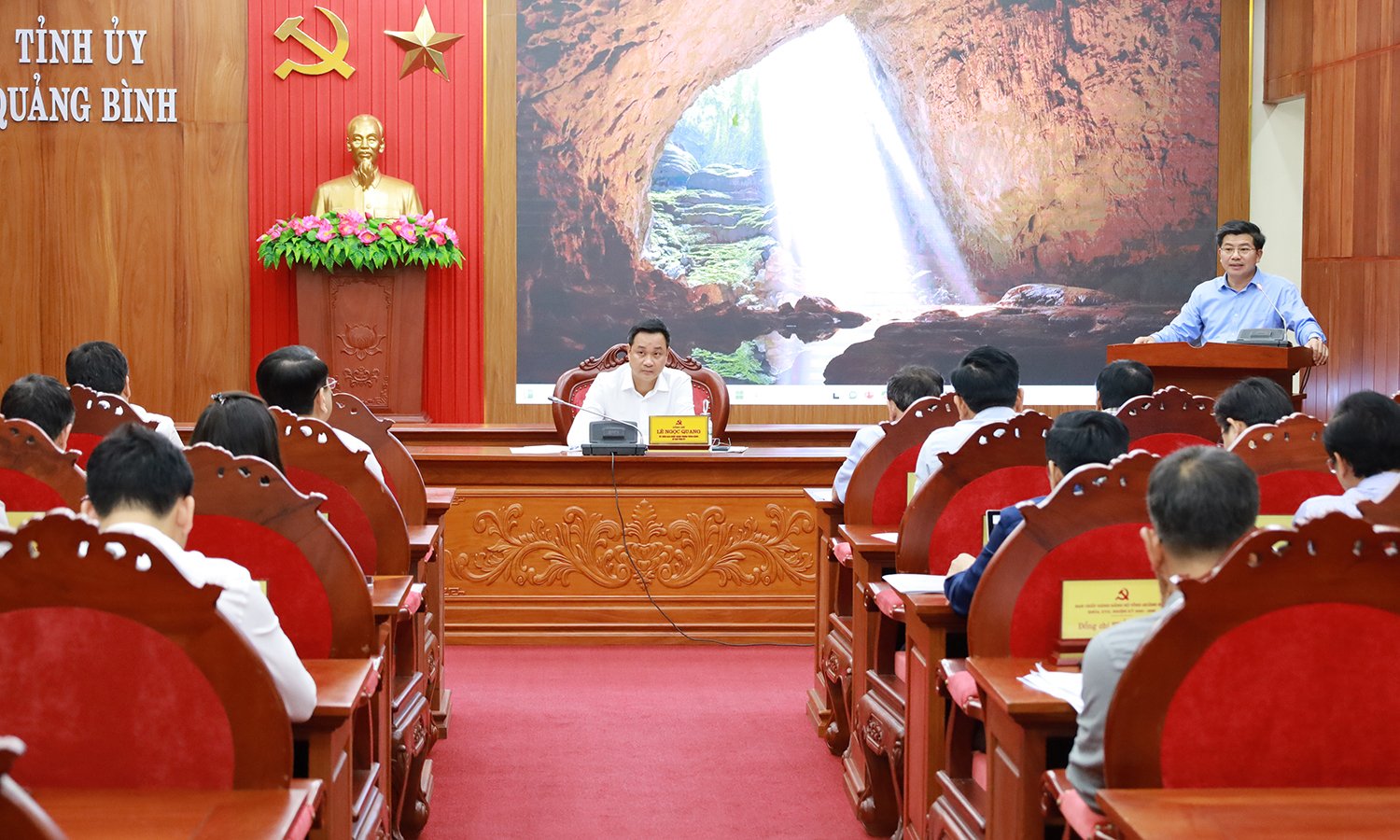
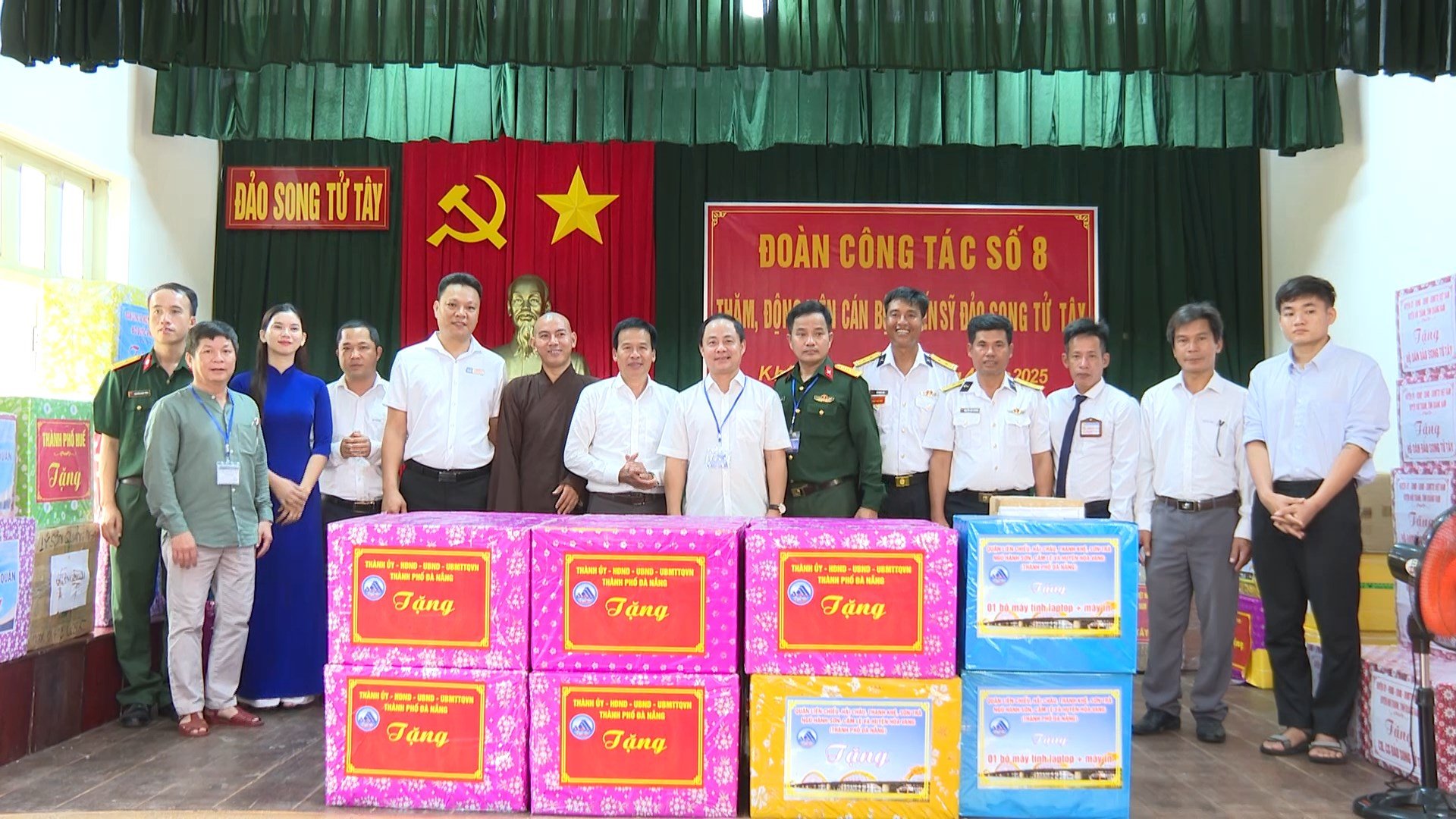




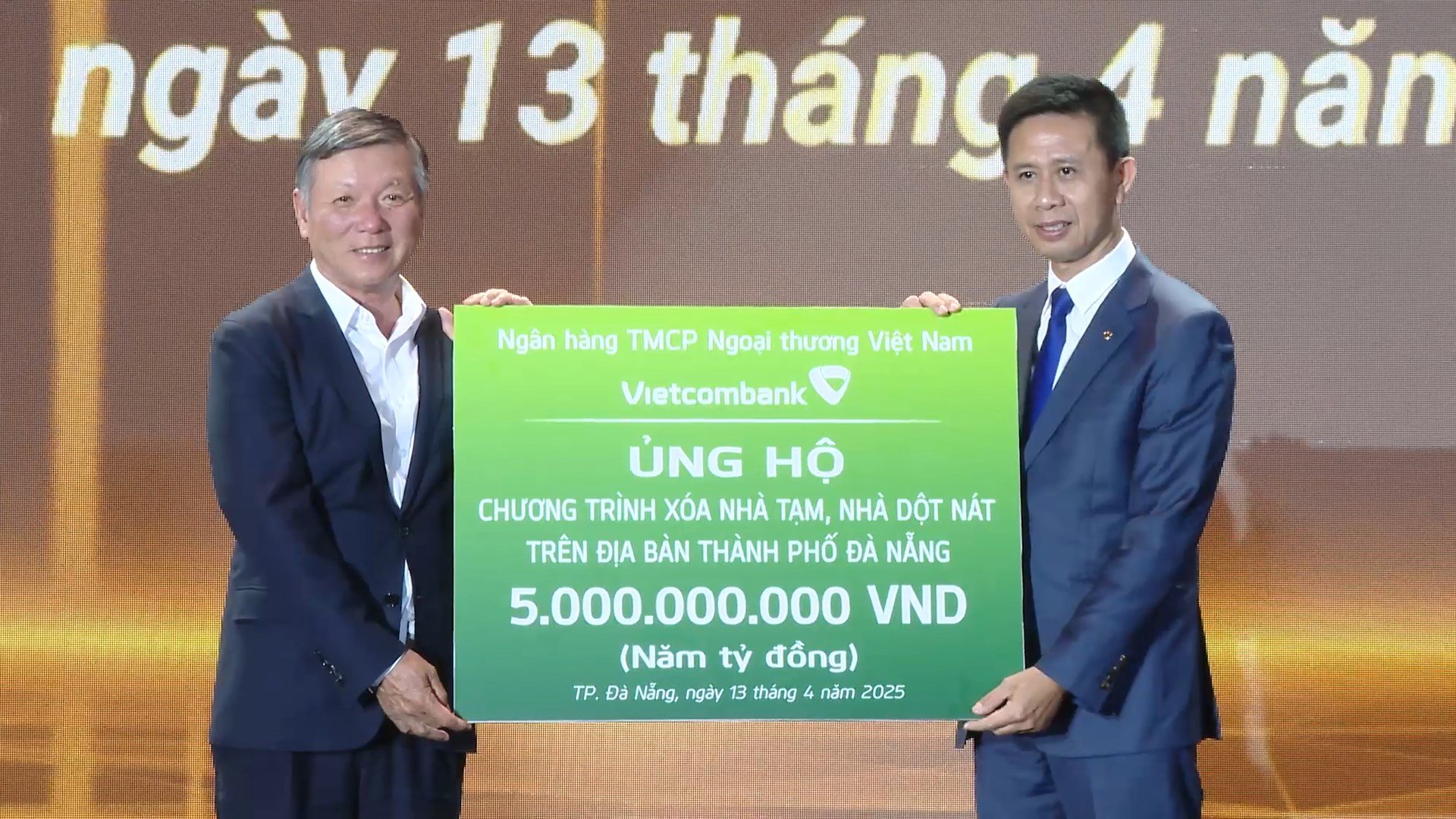
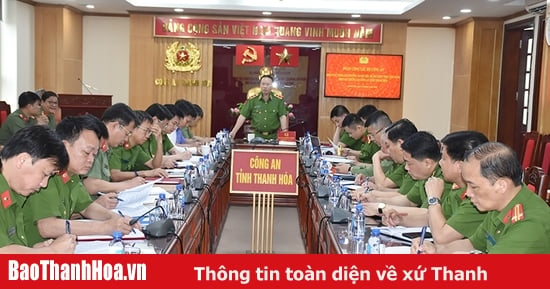
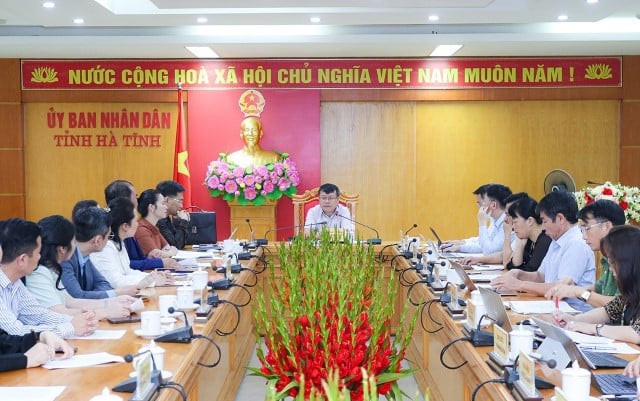

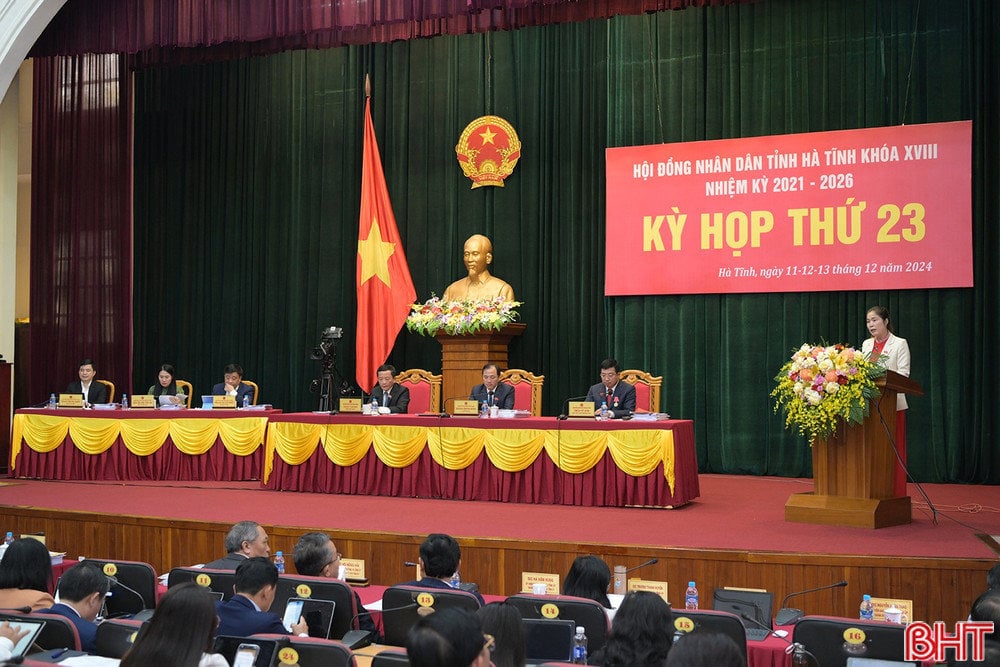
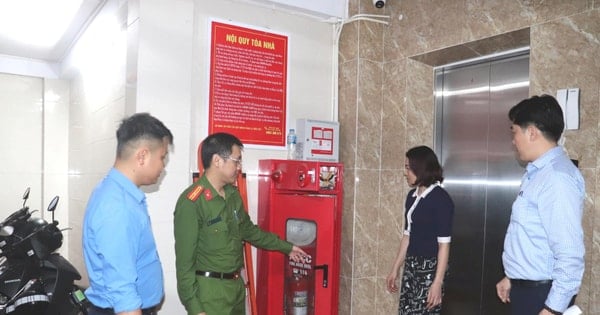
















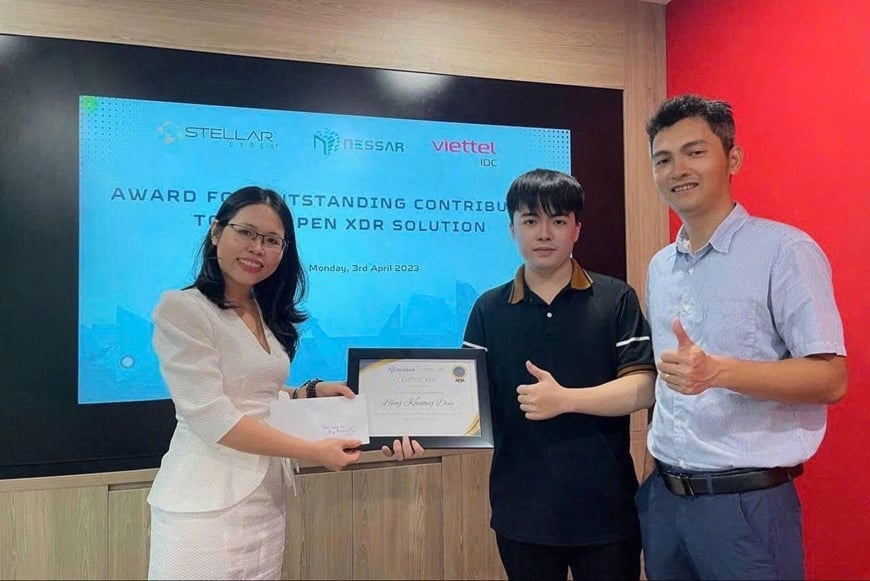












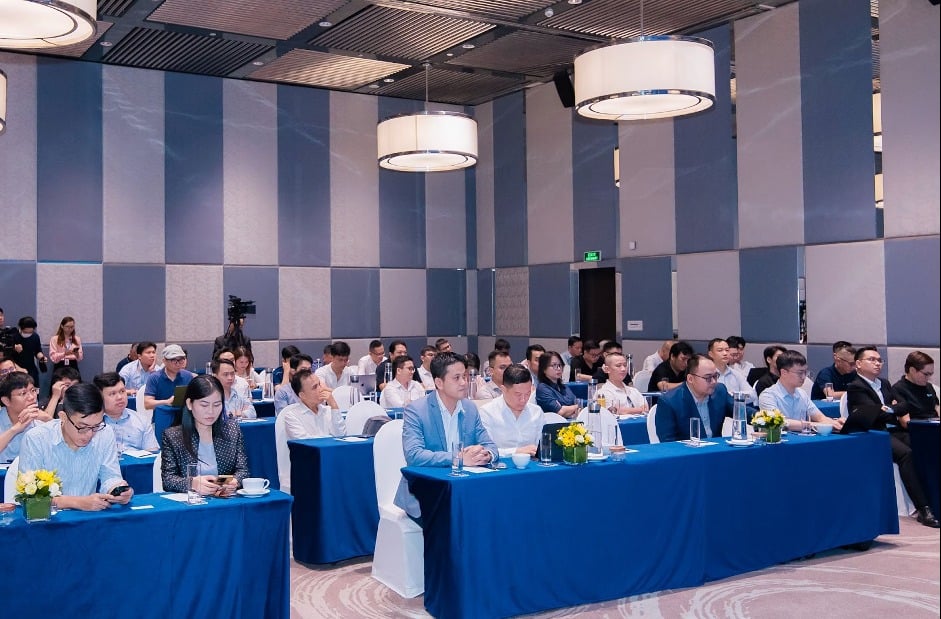


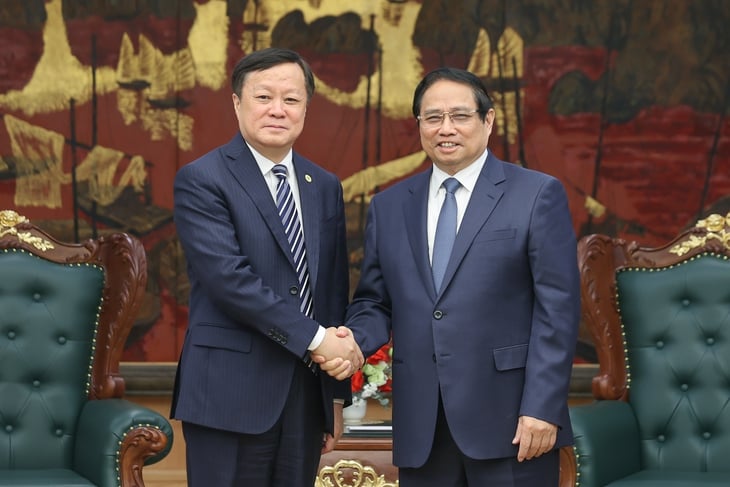
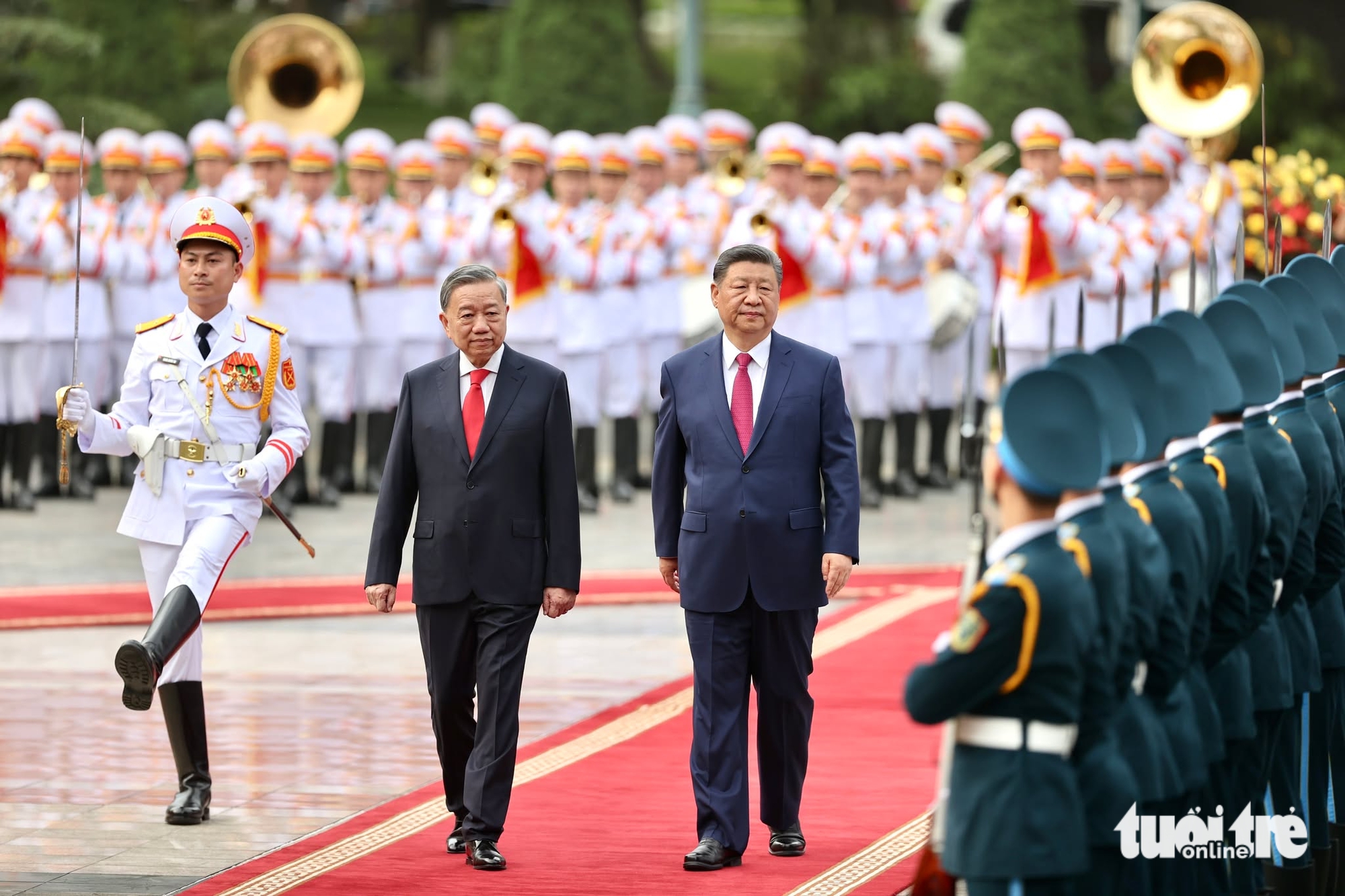
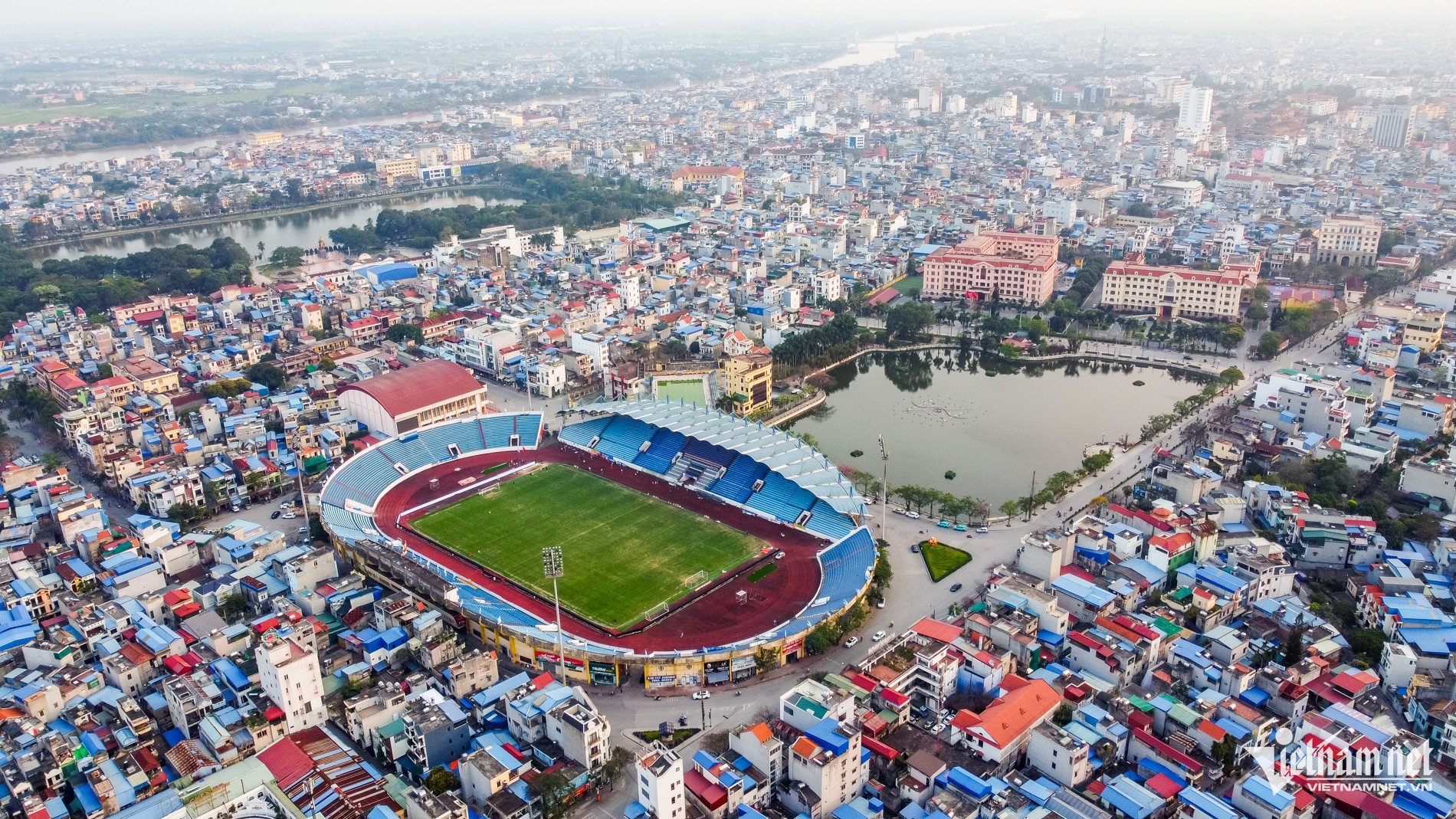
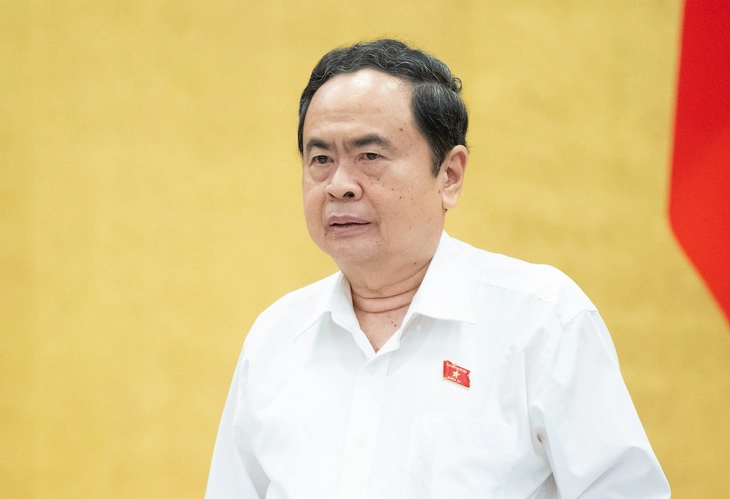
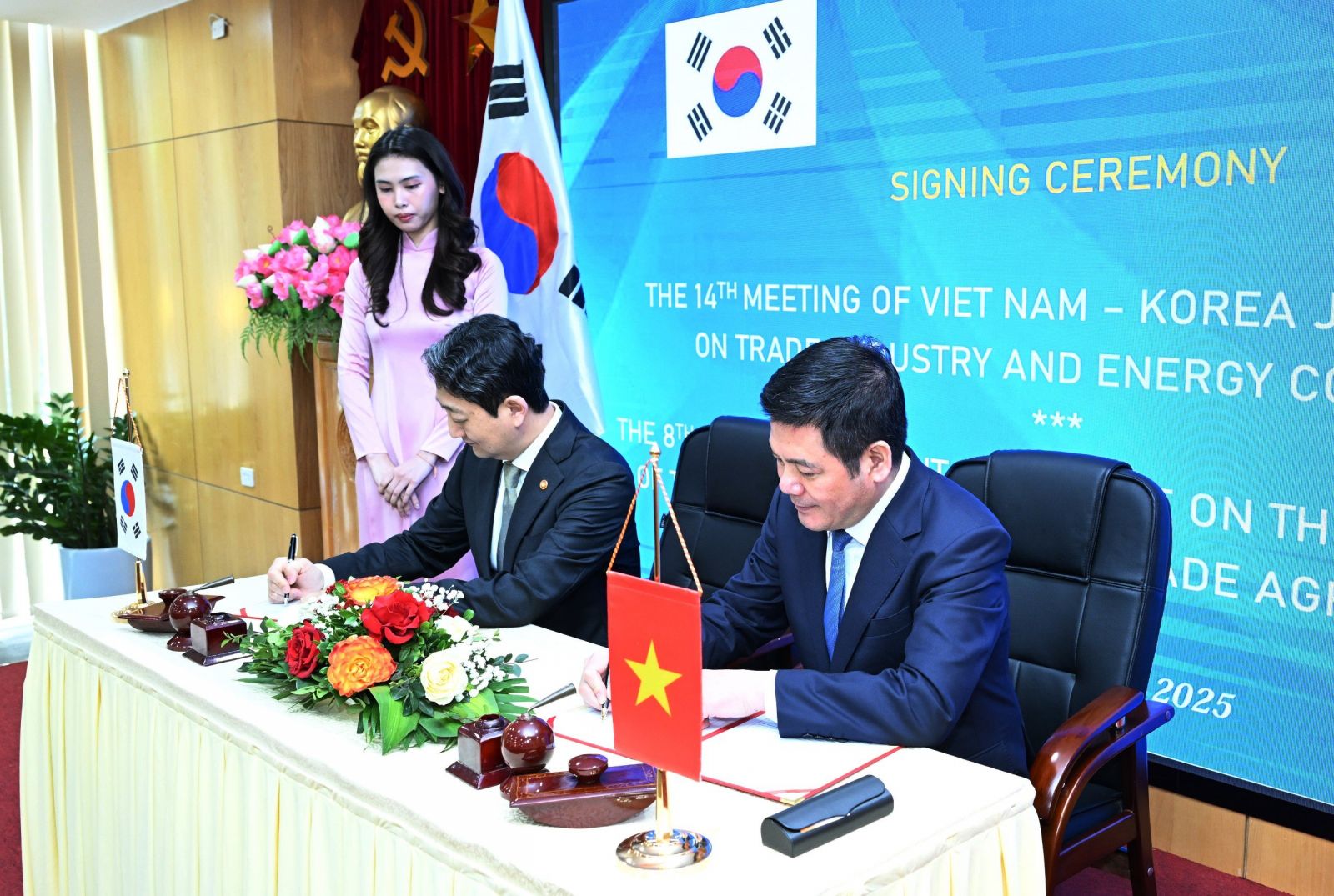


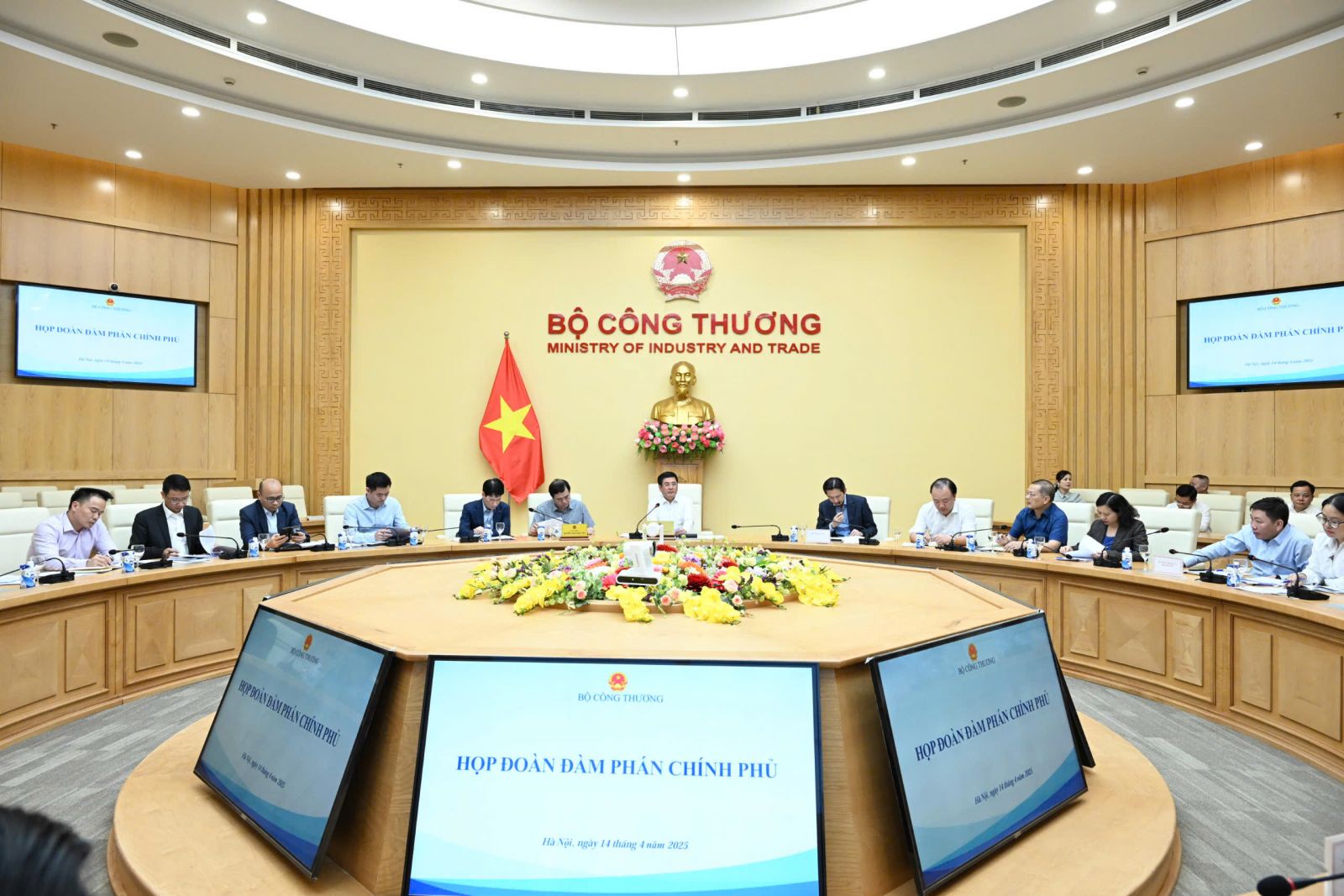
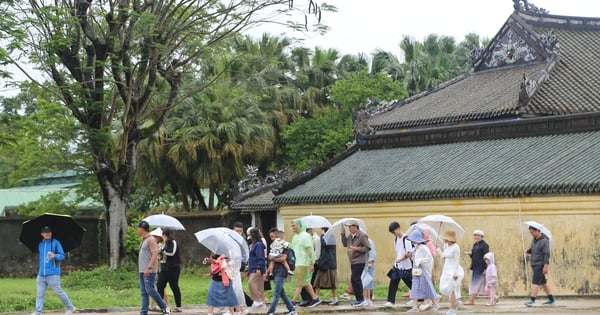

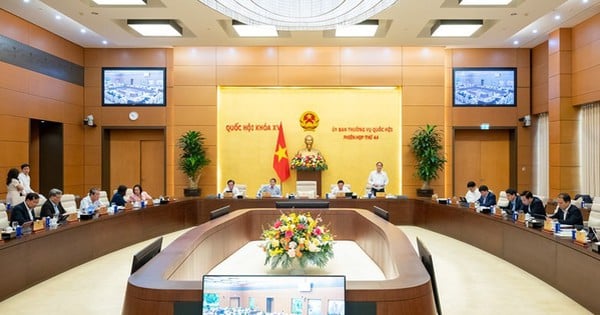
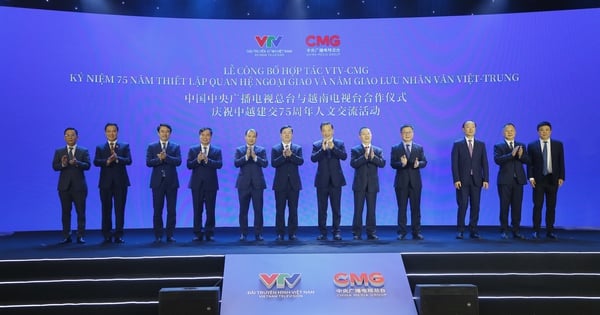
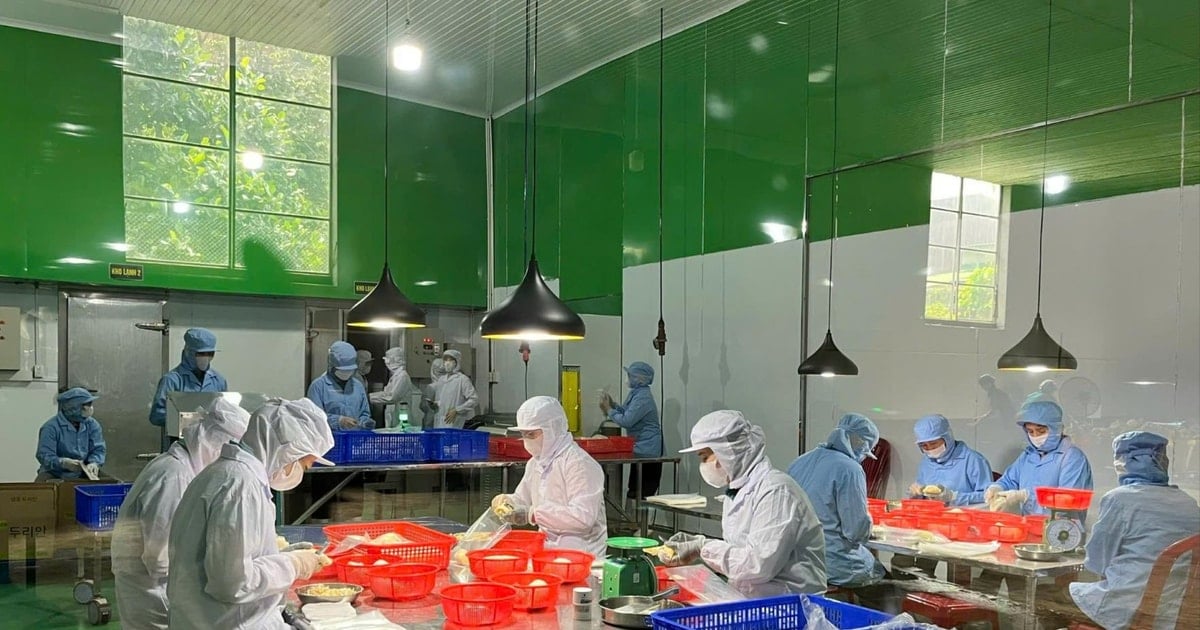



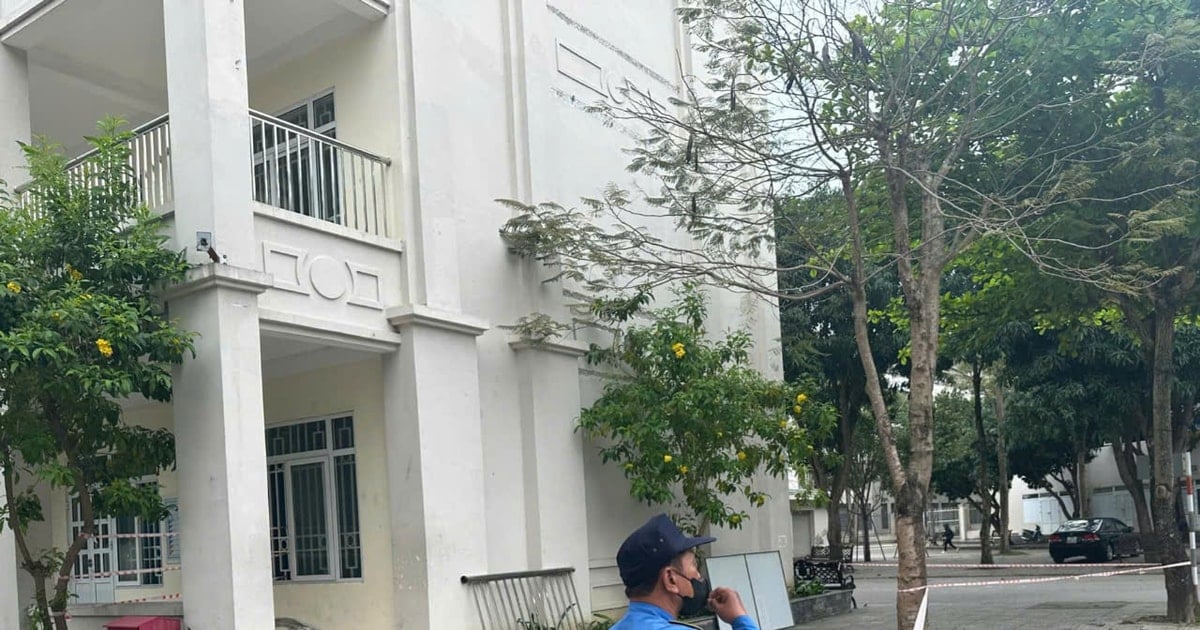












Comment (0)